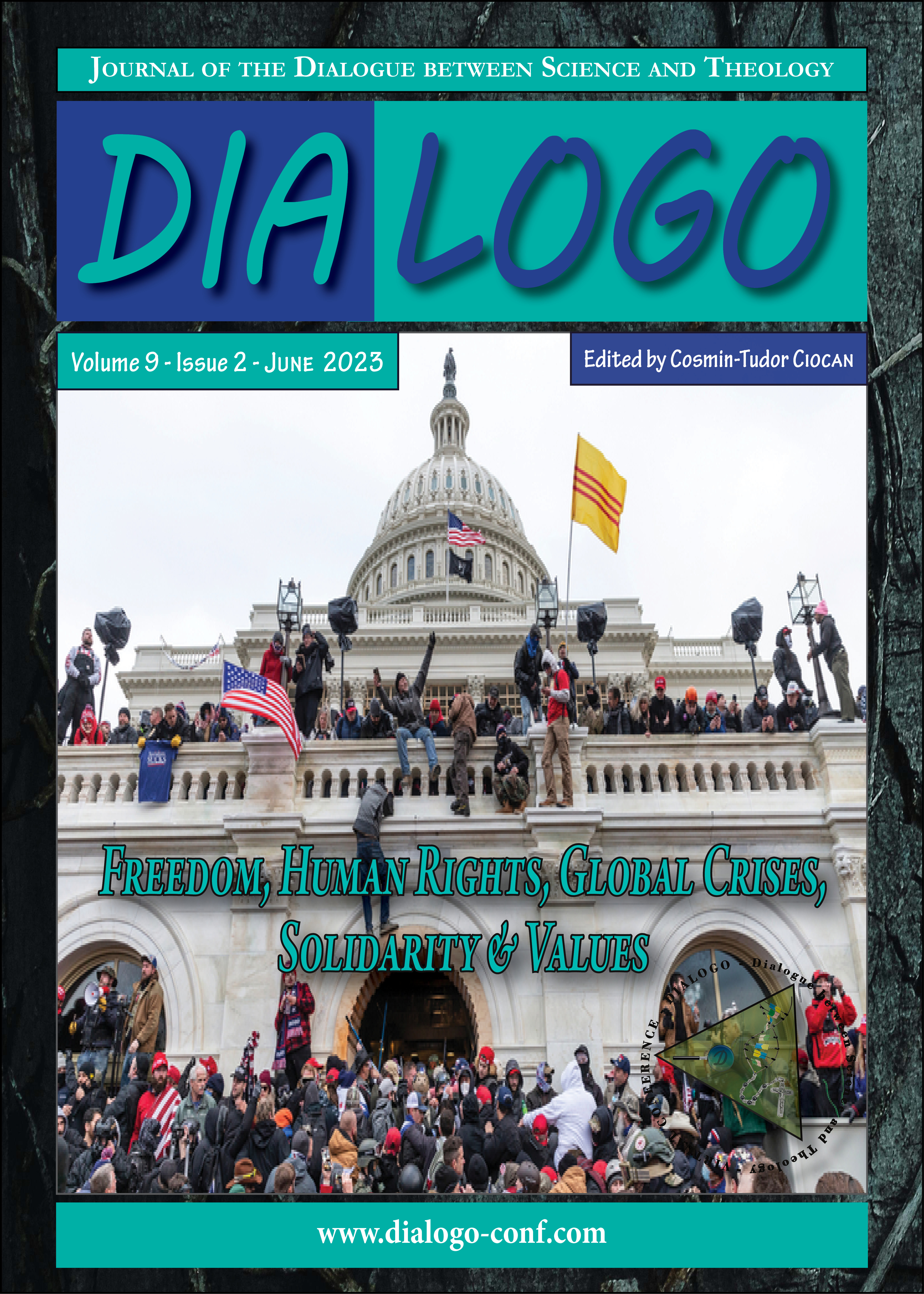Religious and Spiritual assistance of people in palliative care. Part I. Practical Assessment
Religious and Spiritual assistance of people in palliative care. Part I. Practical Assessment
Author(s): Cosmin Tudor Ciocan, Mariana Floricica CălinSubject(s): Psychology, Sociology, Religion and science , Personality Psychology, Evaluation research, Health and medicine and law
Published by: EDIS- Publishing Institution of the University of Zilina
Keywords: hospice care; identity; spirituality; needs assessment; palliative; brief-RCOPE; SWBS; scales; religiousness; quality of life; terminal illness; religiosness; health; Romania;
Summary/Abstract: The primary purpose of this study is to understand if/how patients of hospice healthcare require ‘Spiritual’ or/and ‘Religious’ assistance and if its involvement in palliative care helps greatly. We have built a correlative of two scales and administrated them on the same sample, along with complete demographics questions to a group of people under palliative care and several people directly connected with patients, relatives- families.This methodological study is designed to assess the reliability and validity of two scales simultaneously for the same terminally ill patients (TIP): Paloutzian and Ellison’s (1982) Spiritual Well-being Scale. The scale was administered to 49 individuals, of which 45 are patients and 4 family members caring for a terminally ill relative. Background: Coping is a multifactorial and individual process related to responding to stressful situations, such as being a caregiver of a person with health conditions or terminal illness [such as in hospice]. Spiritual [S] / religious [R] coping is an essential internal resource used by individuals enduring stressful situations or, in this particular case, confronting imminent death. Instruments: The 14-item Brief RCOPE is widely used to assess religious coping. The other instrument we have used for S/R assessment is the Spiritual Well-Being (SWB) Scale, a general measure of the subjective quality of life. Neither one is available in the Romanian version Ciocan Tudor-Cosmin (2023) developed following Romanian culture. He worked with Professor Ray Paloutzian - author of the latter scale - to translate and validate the use of the translated scales. Objective: To investigate the S/RWB among palliative care patients in Romania and to identify the correlates of Spiritual and Religious Well-Being. Secondary: To translate, adapt and validate both the 14-item Brief RCOPE and SWBS in Romanian for caregivers of palliative patients facing death. Method: The methodological guideline provided by Ray Paloutzian and Craig W. Ellison was used to examine the psychometric properties of SWBS, while the manual provided by Kenneth Pargament on his website helped us accommodate the Brief RCOPE to Romanian culture and understanding. Results: The linguistic and conceptual equivalence of the scales was determined. The internal consistency was acceptable (Cronbach’s a = 0.891 for SWBS and a = 0.798 for RCOPE). The Principal Axis Factor (PAF) analysis with varimax rotation identified two factors comprising 13 items, and one item was excluded from the scale (14/RCOPE). The faith subscale (SWBS) showed similar distributions. Christians engaged in religious activities reported higher SWB in the meaning and peace subscale than patients without religious attendance. In the multivariate analysis, religious Frequency (P < 0.001), and individual spiritual activities (P < 0.003) were significantly related to a greater SWB. Conclusion: The Romanian versions of the SWBS and Brief RCOPE are reliable and valid measures for assessing both the spiritual and religious coping of patients in hospice, their families, and their caregivers. Although faith practices may be beneficial to improve spiritual well-being among Orthodox Christians (the majority in Romania), further research is needed to determine what individual spiritual activities can be supported by Orthodox Christians positively engaged – since they are very skeptical about practices other than religious ones, introduced by the traditional Church.
Journal: Dialogo
- Issue Year: 9/2023
- Issue No: 2
- Page Range: 138-152
- Page Count: 15
- Language: English

